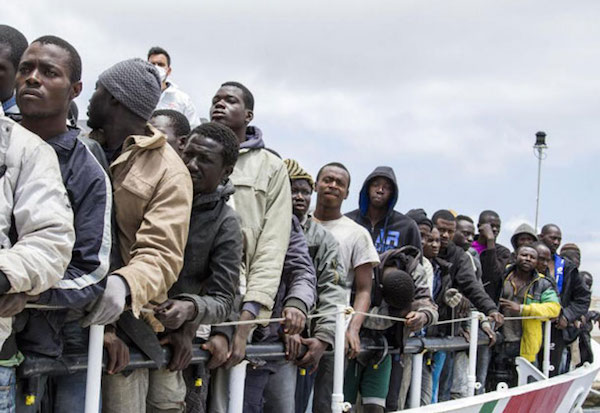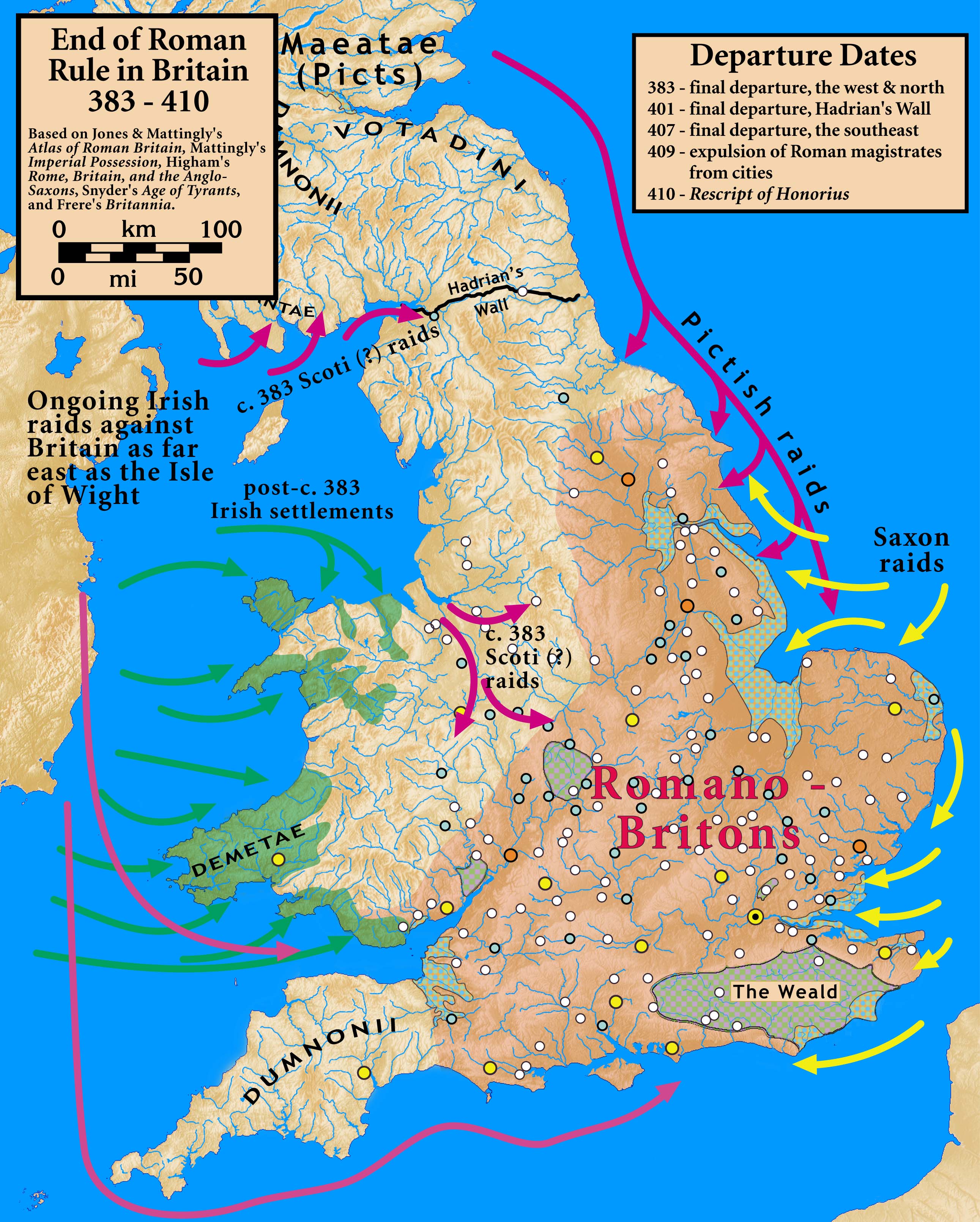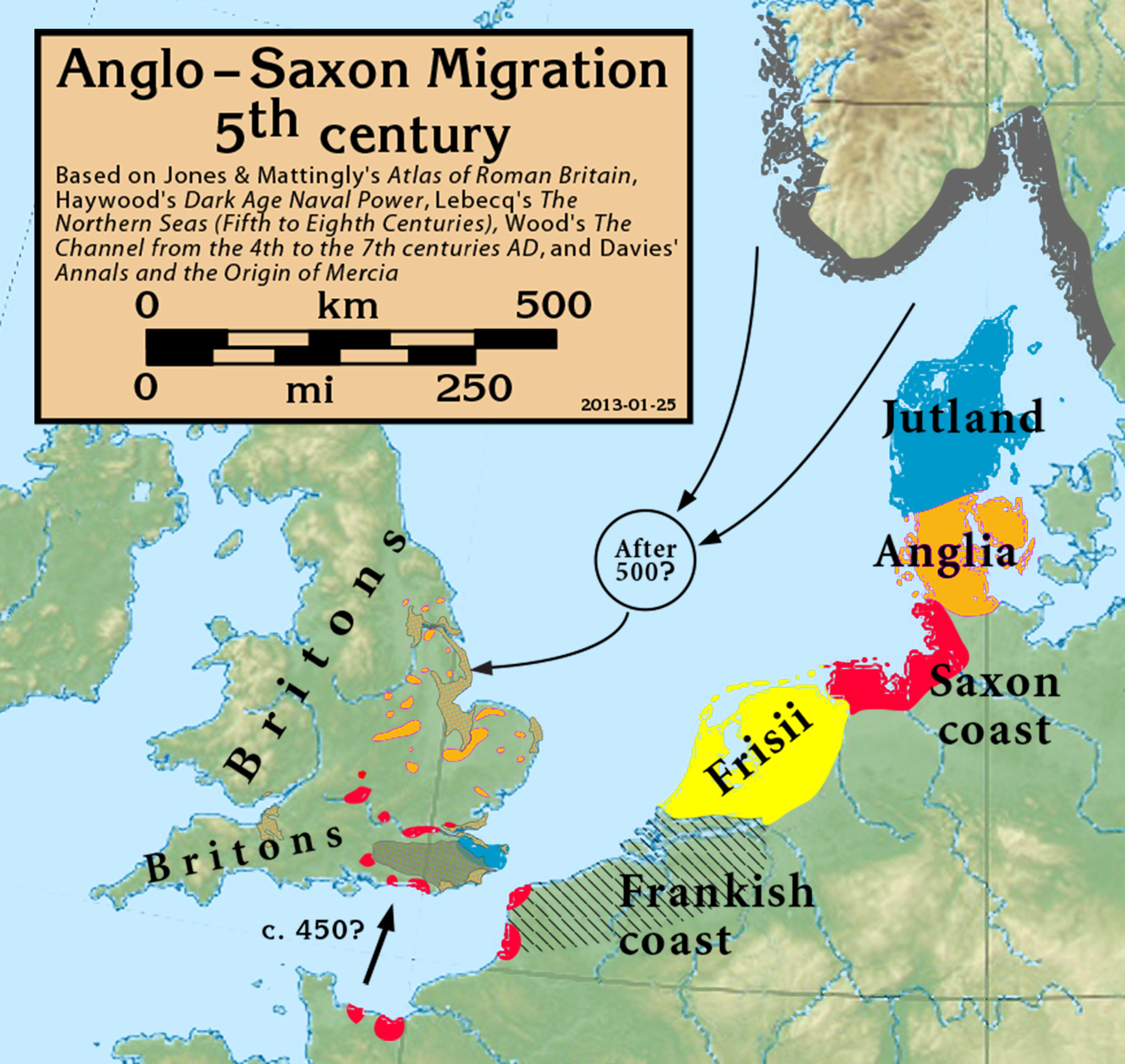In the modern “Christian” West we are loath to talk about immigration in anything but glowing terms, if we talk about it at all. Deep down, even in the most cucked conservative hearts, there is a growing realization of dispossession and events not proceeding toward the promise of a happy global village composed of many religions, races, and languages. Immigration is transforming the nations across the Western European world and all of its Anglo colonies. The United States is the furthest along in this transformation, besides the lamentable case of South Africa, which, depending on the writer, is no longer considered a Western nation state, though it has a struggling Western nation within her. While the liberal elites and various champions of globalism have for a long time been alternatively singing the praises of diversity and crowing victory at white dispossession, most recently Vice President Biden had this to say:
It’s not going to stop. Nor should we want it to stop. As a matter of fact, it’s one of the things I think we can be most proud of. So there’s a second thing in that black box: an unrelenting stream of immigration. Nonstop, nonstop. Folks like me who are Caucasian, of European descent, for the first time in 2017 we’ll be in an absolute minority in the United States of America. Absolute minority. Fewer than 50% of the people in America from then and on will be white European stock. That’s not a bad thing. That’s a source of our strength.
Biden is getting ahead of himself, as whites in the United States, with current trends remaining static, aren’t projected to be a minority for another couple of decades. Biden does, however, wish whites of all religious and political backgrounds to feel the inevitability and finality of their dispossession, driving their suicide, drug, and alcohol abuse rates up, while driving their birthrates and active resistance down. In this regard, there is perhaps no historical precedence in the scale of our own elites’ disdain for and betrayal against us The story didn’t start here, though; it started much earlier in the United States, when massive levels of immigration from areas of Europe that had hitherto been barred from entering were foisted upon the native Americans of predominantly Northwestern European stock and Protestant background. Between the years of 1840-1920, millions of unassimilable foreign nationals were allowed in under the behest of liberals who held to the transforming power of American “magic dirt” and the interests of Big Business for cheap labor in their devotion to mammon. Europeans genetically are a rather close-knit group, the largest differences existing in a gradient from Northern to Southern Europe. So even despite the religious, cultural, and linguistic differences that existed between the newcomers and the colonial stock, as the next generation of newcomers were raised in American schools, spoke English, intermarried with one another and even intermarried with native Americans, within a generation or two they were more easily assimilated. (Although, as many Americans from the South or Midwest could attest, there are still large differences in culture when visiting places such as New Jersey, where strong undiluted Italian-descended populations still exist.) These differences of course pale in significance and even seem welcome compared to the current invading populations across European lands.
Roman Britain, 5th century AD
Consider the analogy of Britain a millennium and a half ago. The native Britons had been conquered over a period of a few centuries by the Roman Empire and assimilated to Roman life and culture over time. In the peripheries of Roman Britain, a Celtic self-sufficient lifestyle was maintained in increasing degrees the further the Britons were from centers of Roman power. Northern and Ireland were never conquered due to the indomitable nature of the natives, and (in Roman opinion) the harshness and paltry economic value of their land.
By 410 AD the Roman Empire was mired in its own civil wars, immigration, and financial problems, and completely withdrew from Britain after centuries of occupation, leaving many of the island’s inhabitants quite literally defenseless before the onslaught of peoples who had never been under the softening yoke of imperial multicultural rule. The Scoti of Ireland invaded modern-day lowland Scotland and the western coasts of Britain, while the highland Picts raided from the north by land and sea, as Hadrian’s Wall no longer was manned by Roman soldiers. Various Germanic tribesmen under the catch-all term of “Saxon” raided the eastern coasts of Britain and the Western coasts of Gaul by sea, foreshadowing the Viking raids.
The common strand uniting these raiders and invaders is that they were never lulled into the false narrative of Roman multicultural unity. All without exception maintained their own tongue, religious expression, and self-rule. The Britons on the other hand were having to piece together their nationhood amidst political chaos, ethnic disunity, and military raids by foreign powers. Romano-British kings arose to unite and defend their people, but in their haste to return to former securities and material comforts they sought foreign aid from the heathen and, although it may have been hard to believe for our ancestors in the twentieth century and before, still held to a foolishly magical theory of Roman imperial membership. The Romans had created the foedus system in which non-Romans, most commonly Germanic tribes, were given land and annual supplies in return for military service. This worked fine as long as the vast Roman military was majority Roman, but in the ailing days of the Empire, the weakness of this arrangement became apparent as the foederati (as they were called) didn’t assimilate due to their increasing numbers and weakening Roman influence and power. On the mainland they turned on their employers and took land and supplies for themselves, establishing kingdoms that became the infant states today seen in our modern European nations.
The Romano-British elite established a foedus treaty with some invading Germanic tribesmen and settled them in the east of Britain, where they were to fight the Picts and ward off further incursions from their own cousins. (Think Mexican-American border patrol and police in the Southwest.) This arrangement worked swimmingly. The Saxons, under the leadership of Hengist and Horsa, drove the Picts north for a small amount of land and annual food supplies from the native British. The Saxons quickly came to realize how weak and yet wealthy the British were, and demanded more land and food tribute, inviting more of their fellow tribesmen to join them in the rich land of Britain. The exact chronology is unclear due to the chaos and ensuing decline of contemporary writing in Britain, but chroniclers in Gaul, still nominally under some form of Roman government and stability, record by AD 441: “The British provinces, which to this time had suffered various defeats and misfortunes, are reduced to Saxon rule.”
The British persisted, and even scored a critical military victory at the Battle of Mons Badonicus, but the damage was done. The immigrant laborers, having established a toehold in Britain, brought their women and children over en masse, establishing a new culture on the island of Britain. They steadily pushed the Britons back, to the countryside and forests at first, dispossessing them of their most valuable lowlands and forcing them to abandon their unsupportable cities. As the various clans and tribes of Jutes, Angles, and Saxons expanded their population through procreation and further immigration, they pushed the native British even further afield. Over centuries the natives clung to Britain in only Cornwall and their mountainous strongholds in Wales, some altogether fleeing to Roman Gaul – a peninsula now called Brittany, named after the refugees, and still speaking the Breton language to this day. The only assimilation that took place was that of native Britons assimilating to the nascent and self-confident Anglo-Saxon culture.
The parallels to our own present situation are many. The hubris of our elites on the sustainability of the present course and their own immunity to the dispossession appears limitless. White native flight is epidemic throughout the West as they flee the fair lands and cities that their forefathers conquered, tended, and built, in some cases for thousands of years. European churches and cathedrals hundreds of years old or older are demolished or converted to mosques for not only a heathen invader, but one of a different race. This to the author is the critical difference, besides that of technological advancement, between the situation of the native Britons and that which native American and Europeans face today. The nations found in our all-too-real lesson from the Middle Ages were all northwestern Europeans racially, having real but small genetic differences. Most of their substantive differences were founded on linguistic and religious differences, and look how important those were! The present-day invasion of the West is not by our heathen cousins from the north, who could be converted and assimilate with our people seamlessly within a generation or two – perhaps a future lesson with King Alfred’s Wessex and the Vikings.
The cuckservative “Christian” leaders claiming that the Mexicans and Syrian refugees should be welcomed into our lands so that we may be better proselytize them are shamelessly taking bread from our children to cast to the dogs. It is not biblical and directly against the express wishes of our Lord Christ (Matt. 15:26). Rather than a selfless act, supporting these invasions is supremely selfish and treacherous. These traitors are receiving their reward in full with additional government funding and virtue signaling in the eyes of the world, while they plunge their contemporary people and posterity into a desperate situation. After the Anglo-Saxons had been grafted into a covenant relationship with Jesus Christ, they hungered for the salvation of their close brethren, the yet pagan Saxons in Germany. But they did not invite them to England. Instead, they sent Saint Boniface to their heathen relatives in their own land. This was and has been, until recent times under the push of anti-Christians and Alienists, the biblical and traditional Christian template to spread the Faith. The situation today can only result in generations and perhaps even centuries of conflict between racially, linguistically, and religiously different peoples struggling for dominance in the same land. Wisdom looks to the past for insight into the present and inspiration for the future. The insight into the present is dark and grim, yet the inspiration for the future is found in God’s faithfulness to His people. There are countless examples from biblical and European history, from the reclamation of Christian England by Alfred and his descendants, to the Reconquista by the Spanish in regaining their homeland from the Moors. Historically, these conflicts have lasted from generations to centuries in length, but as God provided for Nehemiah, He will provide for our people.
| Tweet |
|
|
|







